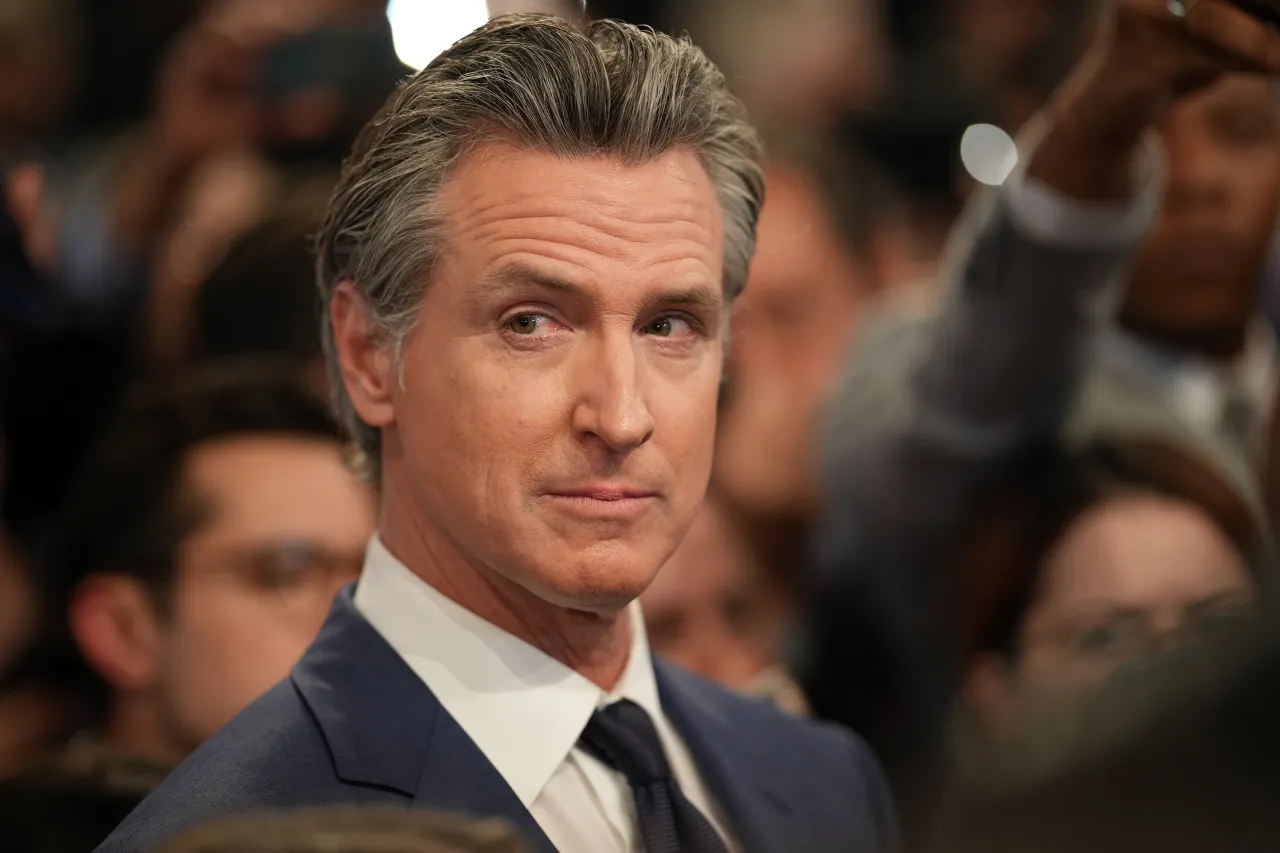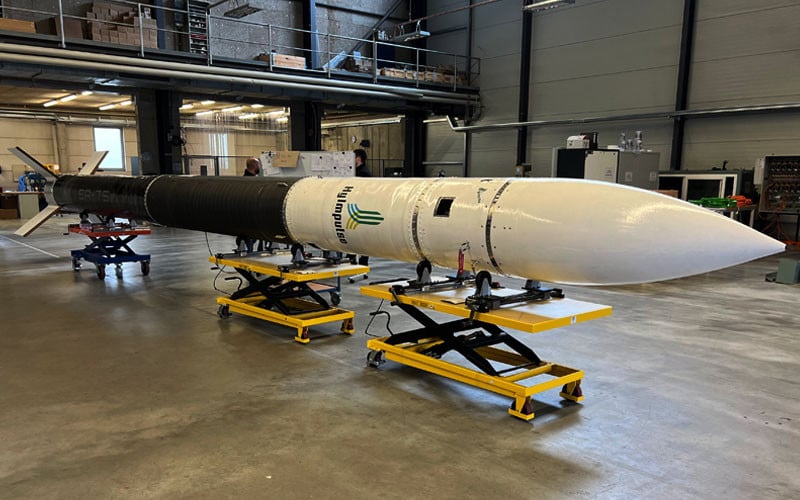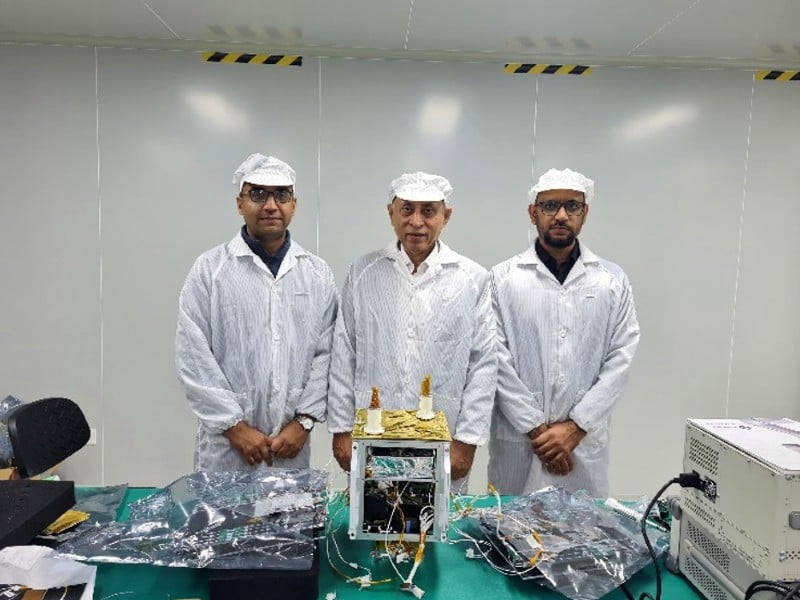In the era of rapid technological advancements, artificial intelligence (AI) has become an essential tool across various industries, from healthcare to entertainment. However, with this exponential growth comes a darker side: the misuse of AI for malicious purposes, such as creating deepfakes and unauthorized digital replicas of actors and public figures. California, a hub of technological innovation, has taken a proactive stance by passing five new AI laws that aim to curb the misuse of AI, especially in the context of elections and actor clones. These laws are set to have a significant impact on protecting the integrity of democratic processes and safeguarding intellectual property rights in the entertainment industry.
What Are Deepfakes?
Deepfakes refer to synthetic media in which a person in an existing image or video is replaced with someone else’s likeness. Powered by 5 New AI Laws Crack and machine learning algorithms, deepfakes have become increasingly convincing and accessible to the average internet user. While deepfakes have been used in various creative applications, they also pose a severe threat to the truthfulness of information, particularly in the political arena. When weaponized, deepfakes can mislead voters, manipulate public perception, and incite unrest by presenting false information as real.
The Threat to Elections
Election interference is a growing concern, especially with the rise of AI-powered deepfakes. These altered videos and images can distort reality, spreading misinformation and disinformation during critical times such as political campaigns. For example, a deepfake video of a political candidate making inappropriate statements or exhibiting undesirable behavior can easily go viral, potentially swaying voters before the truth is revealed. This poses a unique challenge to maintaining the integrity of elections.
California, as a key state in both technology and politics, recognizes the implications of this threat. By introducing AI-specific laws, the state aims to prevent the spread of false information that could undermine the democratic process. The new laws specifically target AI-generated election content, ensuring transparency and accountability in digital political communications.
What Are the 5 New AI Laws in California?
1. Regulation of Election Deepfakes
The first law directly addresses the use of deepfakes in political campaigns. It prohibits the distribution of AI-manipulated images, videos, or audio clips designed to deceive voters within 60 days of an election. Candidates, political action committees (PACs), and third parties are required to disclose whether any of their political content has been altered or generated by AI. This law aims to reduce the chances of AI-generated misinformation influencing election outcomes.
2. Consent for Digital Actor Clones
In the entertainment industry, AI-generated clones of actors have raised concerns regarding intellectual property and consent. The second law mandates that any digital clone or AI-generated likeness of an actor must be used with the explicit consent of the individual. This law protects actors from having their images, voices, or performances used in unauthorized ways, addressing the growing concern that AI could replace human performers without their permission.
3. Labeling AI-Generated Content
California’s third law focuses on transparency in AI-generated content. Any content that has been created or altered by AI must carry a clear label indicating that it is AI-generated. This applies to media used in both political and commercial contexts. By mandating clear labeling, the law aims to reduce the potential for public deception and ensure that viewers are fully aware when they are consuming AI-generated material.
4. Regulation of AI in Advertising
AI-generated content in advertising is another area of concern, particularly when it comes to misleading consumers. The fourth law requires that AI-generated content in advertisements must adhere to the same standards of truthfulness and transparency as traditional media. Any AI-altered or created advertisements that deceive consumers or misrepresent products will be subject to penalties. This law ensures that the same ethical guidelines apply to AI-generated advertising as to traditional forms of marketing.
5. Data Protection for AI Systems
The final law addresses the data used to train AI systems, particularly when that data includes personal information. AI systems rely on vast amounts of data to learn and improve their outputs, but using personal data without consent can violate privacy rights. The law mandates that AI developers obtain explicit consent from individuals whose data is used to train models, particularly when that data includes personal identifiers. This is a crucial step in protecting the privacy of individuals in an age where data is increasingly used to fuel AI innovation.
The Impact on Elections and the Entertainment Industry
Protecting Democracy
California’s laws set a precedent for other states to follow, particularly in regard to protecting democratic processes. By targeting election deepfakes and ensuring transparency in political content, the laws aim to prevent the manipulation of voters through deceptive AI-generated media. This is crucial at a time when trust in electoral processes is under threat globally. With these new regulations, California is reinforcing the importance of truthfulness and integrity in elections, making it more difficult for malicious actors to use AI to influence outcomes.
Safeguarding Actors’ Rights
For the entertainment industry, these laws are a significant victory for actors and creators who have raised concerns about the potential for AI to replicate their performances without consent. With explicit consent required for digital clones and AI-generated likenesses, actors are better protected against exploitation. This is particularly relevant in Hollywood, where the use of AI in films, commercials, and digital media is becoming more widespread. By enacting these protections, California is ensuring that performers retain control over their own images and intellectual property.
Challenges and Future Outlook
While California’s new AI laws represent a strong step toward regulating the misuse of artificial intelligence, they are not without challenges. Enforcing these laws, particularly on a global scale, is a significant hurdle. Deepfake technology can be created and distributed by anonymous actors across borders, making it difficult to track and penalize offenders. Moreover, the rapid pace of AI innovation means that laws will need to be continuously updated to stay relevant in the face of new challenges.
The entertainment industry may also face pushback from companies that wish to use AI to cut costs, potentially leading to legal battles over the scope of 8447960648 consent and intellectual property rights. Additionally, while labeling AI-generated content is an important step, it remains to be seen how effective this will be in curbing the spread of misinformation.
Conclusion
California’s five new AI laws mark a significant development in the regulation of artificial intelligence, particularly concerning election integrity and the entertainment industry. By targeting the misuse of AI in creating deepfakes and digital actor clones, the state is leading the charge in safeguarding democratic processes and protecting intellectual property rights. As AI continues to evolve, these laws will serve as a foundation for future regulations, ensuring that the benefits of AI can be enjoyed without undermining public trust or individual rights.




